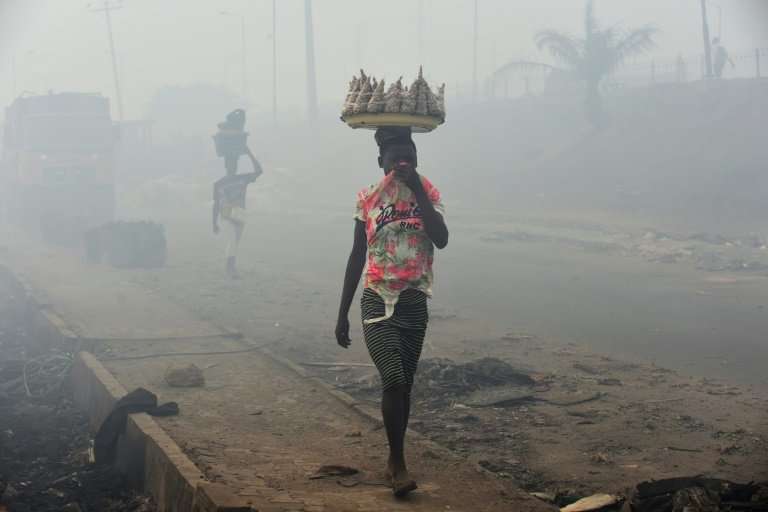Médecins Sans Frontières (MSF) has expanded its diphtheria response across Borno, Kano, and Bauchi states following a rise in suspected cases reported over recent months. The organisation said it has been working with state health authorities since August to manage the increasing caseload.
In a statement released on Friday, MSF said reports from Disease Surveillance and Notification Officers had placed significant pressure on treatment centres and highlighted gaps in vaccination and access to essential medicines. The organisation noted that routine health systems were struggling to cope with the volume of patients presenting with symptoms.
Diphtheria, according to the Nigeria Centre for Disease Control and Prevention (NCDC), is a bacterial infection that affects the nose, throat, and sometimes the skin. It may present as laryngitis, pharyngitis, or tonsillitis, with an adherent membrane in the airways. The NCDC warns that a quarter of cases may develop myocarditis. Treatment requires antibiotics and diphtheria antitoxin.
Data from the NCDC showed that between May 2022 and May 2025, the country recorded 43,743 suspected cases across 37 states and 360 local government areas.
MSF’s Medical Coordinator, Dr Halarou Assoumana, said the disease remains dangerous without prompt treatment.
“Without treatment, it can kill half of the people infected,” he said. “Even with access to care, the disease remains dangerous, and it is still fatal in five per cent of patients.”
MSF identified low vaccination coverage, limited access to antitoxin, staff shortages, and gaps in surveillance as key factors affecting the response.
In Bauchi, MSF-supported activities at the Diphtheria Treatment Centre at Abubakar Tafawa-Balewa University Teaching Hospital recorded 295 admissions between late August and early November, prompting the opening of an additional treatment centre at a specialist hospital.
In Kano, MSF began supporting the state response in October. By the first week of November, more than 2,300 patients had been hospitalised, including more than 400 admitted between 6 October and 2 November. Due to the volume of patients at the Infectious Disease Hospital, MSF said severe cases were being prioritised, while others were referred to Aminu Kano Teaching Hospital.
MSF’s Emergency Project Medical Referent, Dr Jerome Ntarima, said many patients were arriving with complications. “The stories we are getting from these patients are that there are several mortalities from the communities they are coming from already,” he said.
In Borno, MSF said its teams had carried out sensitisation, community surveillance, and referrals. Between early July and late October, 2,553 suspected cases were managed—1,651 through home-based care and 902 at the University of Maiduguri Teaching Hospital.
The organisation said diphtheria remained a recurring challenge in Nigeria and urged authorities and partners to strengthen vaccination systems, improve access to antitoxin and antibiotics, and invest in the health workforce.






